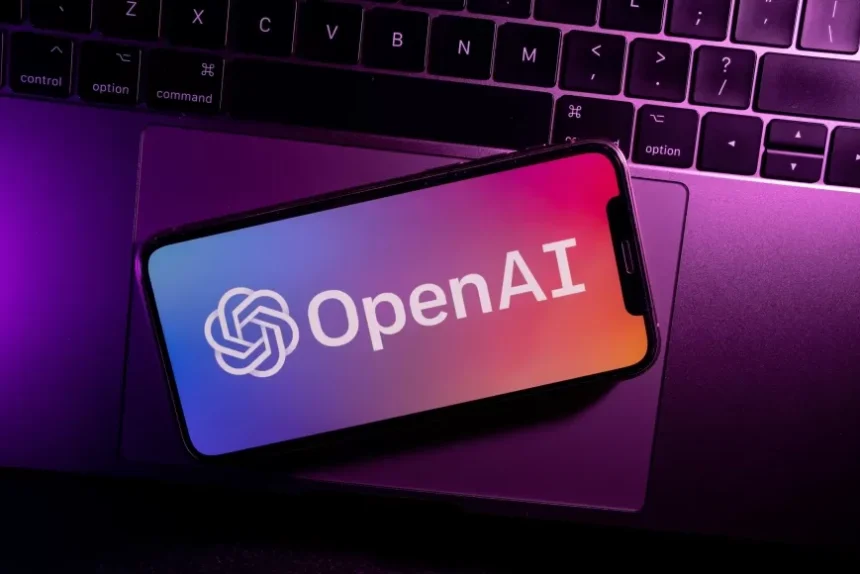OpenAI Blocks Access and Global AI Dynamics

02.07.2024
This week, OpenAI decisively blocked access to its site from mainland China and Hong Kong, cutting off developers and companies from some of the most advanced AI technologies available today.
OpenAI’s move is unsurprising given the increasing geopolitical tensions and technology rivalry; however, it represents an inflection point in AI that will further intensify the already icy tech cold war. This action will have massive repercussions on the future AI landscape in China and worldwide, laying the groundwork for fierce competition among AI superpowers in the future.
In the face of increased governmental demands and rivalry for AI dominance, OpenAI’s choice protects the company’s intellectual property while navigating geopolitical difficulties. The move underscores the deepening digital divide between China and Western countries, which remains one of the defining elements in this tech war era. However, as OpenAI cuts ties with China, it also marks a bigger tech decoupling trend where the US and Chinese tech ecosystems are further pulling apart, according to some experts.
OpenAI’s blockade presents both challenges and opportunities for Chinese AI companies. On one hand, the absence of OpenAI’s advanced models, such as GPT-4, from the Chinese market could slow the adoption and integration of cutting-edge AI technologies. This is particularly relevant for startups and smaller companies that lack the resources to develop similar models independently.
“OpenAI’s move, which is set to go into effect on July 9, could affect Chinese companies developing their services based on OpenAI’s large language models (LLMs),” a South China Morning Post report stated, citing experts. However, it can also act as a spark that propels innovation in China, driving Chinese companies even further towards producing their own technologies. It could create a new AI research boom and make the Chinese landscape more energetic and self-sufficient.
On the other hand, the blockade creates a vacuum that domestic giants like Alibaba, Baidu, and Tencent are well-positioned to fill. Those companies have the financial muscle, talent, and infrastructure to accelerate their AI research and development, leading to even more active efforts by these players in AI innovation and building homegrown alternatives to OpenAI.
Moreover, the Chinese government has aggressively funded its tech industry with large investments and favorable regulations. As a result, we may see a new rush of AI research that would increase competition among domestic Chinese players and bring China in line with its overseas counterparts.